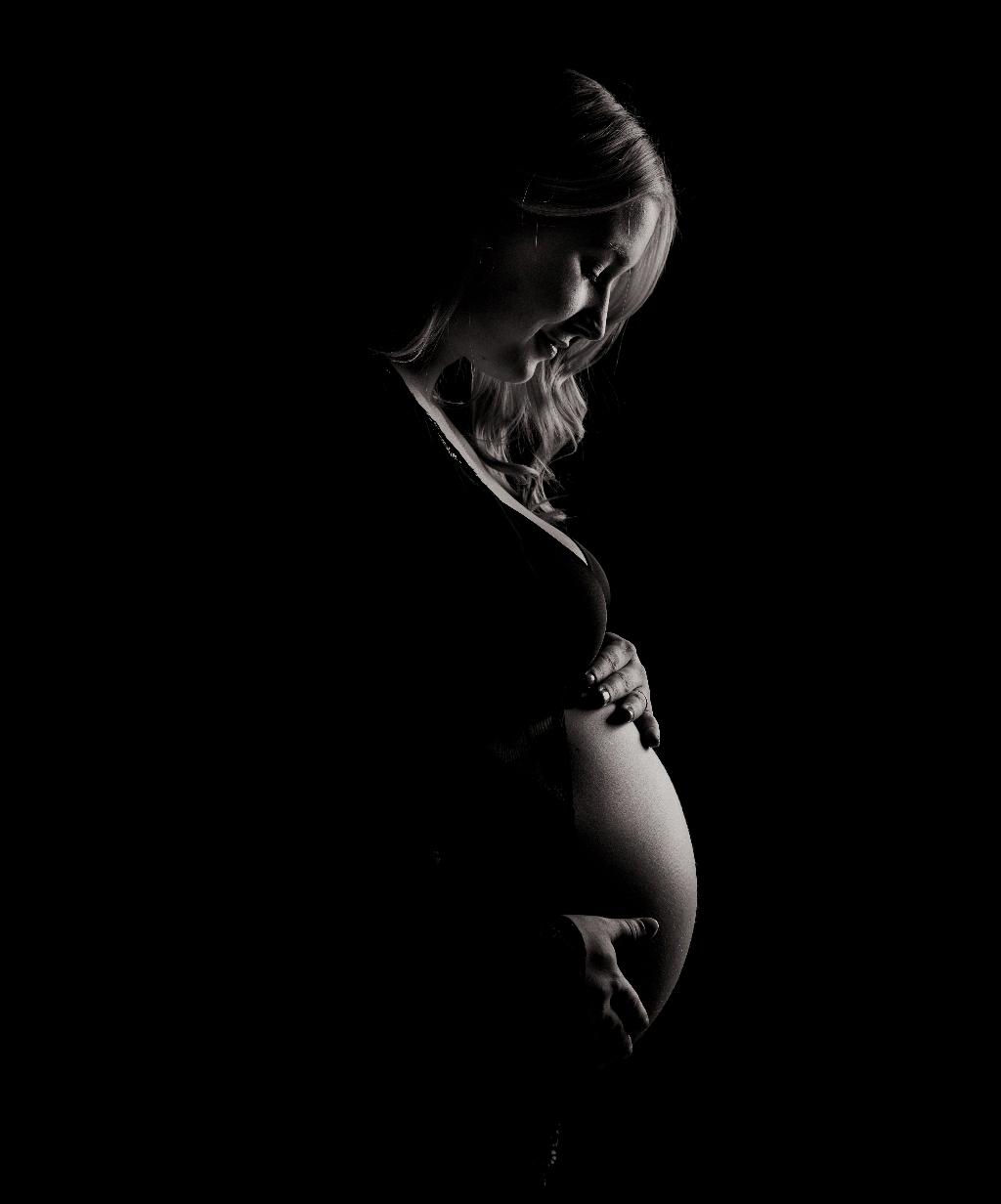When it comes to detecting pregnancy early, many women are eager to find out as soon as possible. The Clearblue® Early Detection Pregnancy Test is designed to detect hCG, the pregnancy hormone, as early as 6 days before your missed period. This means you may get a positive result even before your period is due.
Factors Affecting Early Detection
It’s important to note that the accuracy of early pregnancy tests can vary depending on various factors. One key factor is the level of hCG in your body. The amount of hCG typically doubles every 48 to 72 hours in early pregnancy, so taking the test too early may result in a false negative.
Menstrual Cycle Variability
Many women have menstrual cycles that can vary in length from month to month. This variability can impact the timing of implantation and when hCG levels rise enough to be detected by a pregnancy test. Understanding your cycle length can help you determine when to take an early pregnancy test.
Early Pregnancy Test Accuracy
While early pregnancy tests like the Clearblue® Early Detection Pregnancy Test can provide results before your missed period, it’s important to remember that no test is 100% accurate. Factors such as user error, test sensitivity, and timing can all influence the results.
Interpreting Test Results
When taking an early pregnancy test, it’s crucial to follow the instructions carefully to ensure accurate results. A positive result is typically a clear indicator of pregnancy, while a negative result may not necessarily rule out pregnancy, especially if taken too early.
Consulting a Healthcare Provider
If you suspect you may be pregnant but receive a negative result on an early pregnancy test, it’s advisable to wait a few days and retest or consult with your healthcare provider for further guidance. They may recommend a blood test for hCG levels for confirmation.
Early Pregnancy Symptoms
While early pregnancy tests offer a glimpse into your pregnancy status, symptoms such as nausea, fatigue, breast tenderness, and frequent urination may also indicate pregnancy. However, not all women experience these symptoms, so relying solely on symptoms may not be definitive.
Timing of Testing
Choosing the right time to take an early pregnancy test is crucial for accurate results. Testing too early can result in a false negative, while testing too late may delay necessary prenatal care. Understanding your menstrual cycle and potential implantation can help you determine the best time to test.
Counseling and Support
Receiving a positive pregnancy test result, especially early on, can be an emotional experience. It’s essential to have a support system in place, whether it’s a partner, friend, or counselor, to discuss your feelings, concerns, and next steps in your pregnancy journey.
Follow-Up Care
If you receive a positive result on an early pregnancy test, it’s important to schedule an appointment with your healthcare provider for prenatal care. Early prenatal visits can help monitor the progression of your pregnancy, address any concerns, and set you on the right path for a healthy pregnancy.
Conclusion
Ultimately, the Clearblue® Early Detection Pregnancy Test stands out for its ability to detect hCG early, potentially providing insights into your pregnancy status sooner than other tests. However, it’s essential to consider various factors that can influence test accuracy and interpretation to ensure reliable results.
Disclaimer
It’s crucial to consult with a healthcare professional for personalized advice and guidance on matters related to pregnancy testing, prenatal care, and pregnancy confirmation. This article is for informational purposes only and should not substitute professional medical advice.

